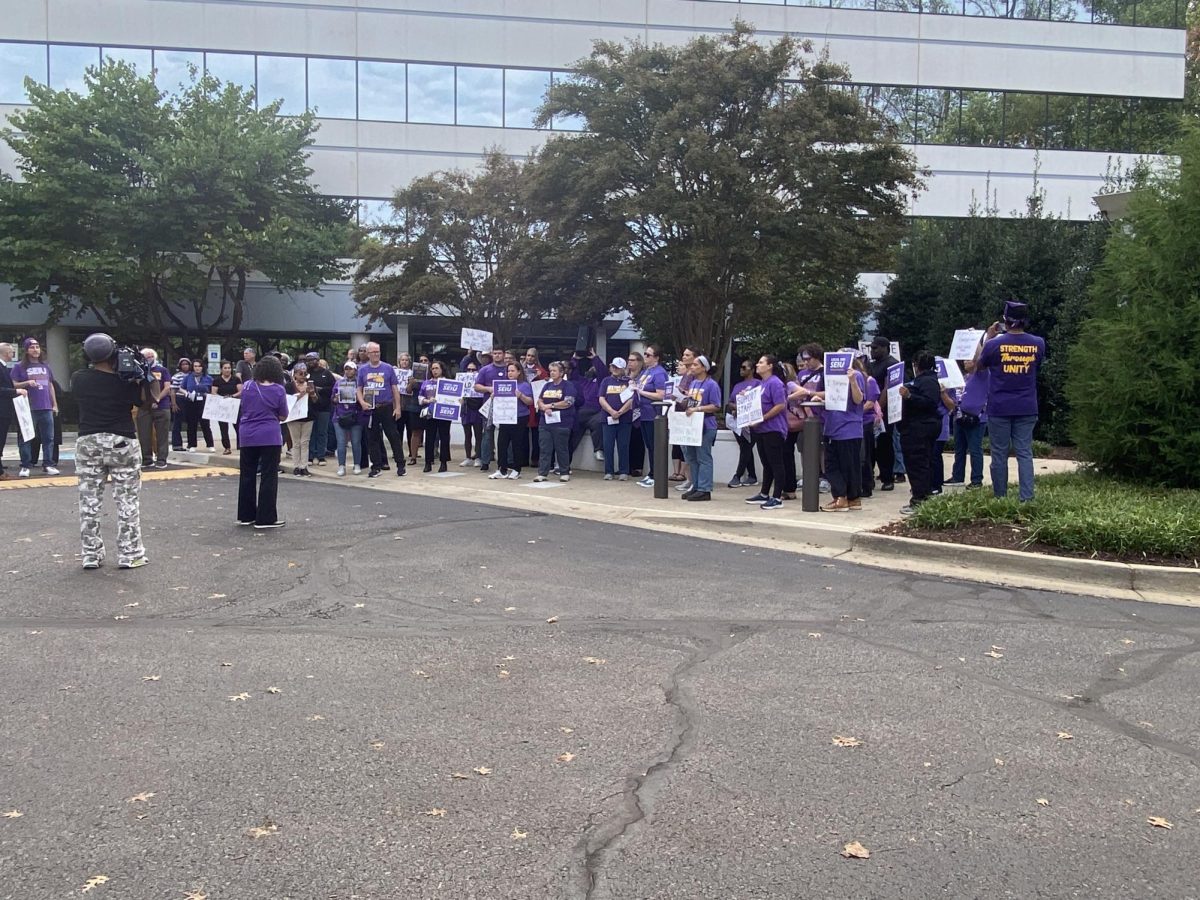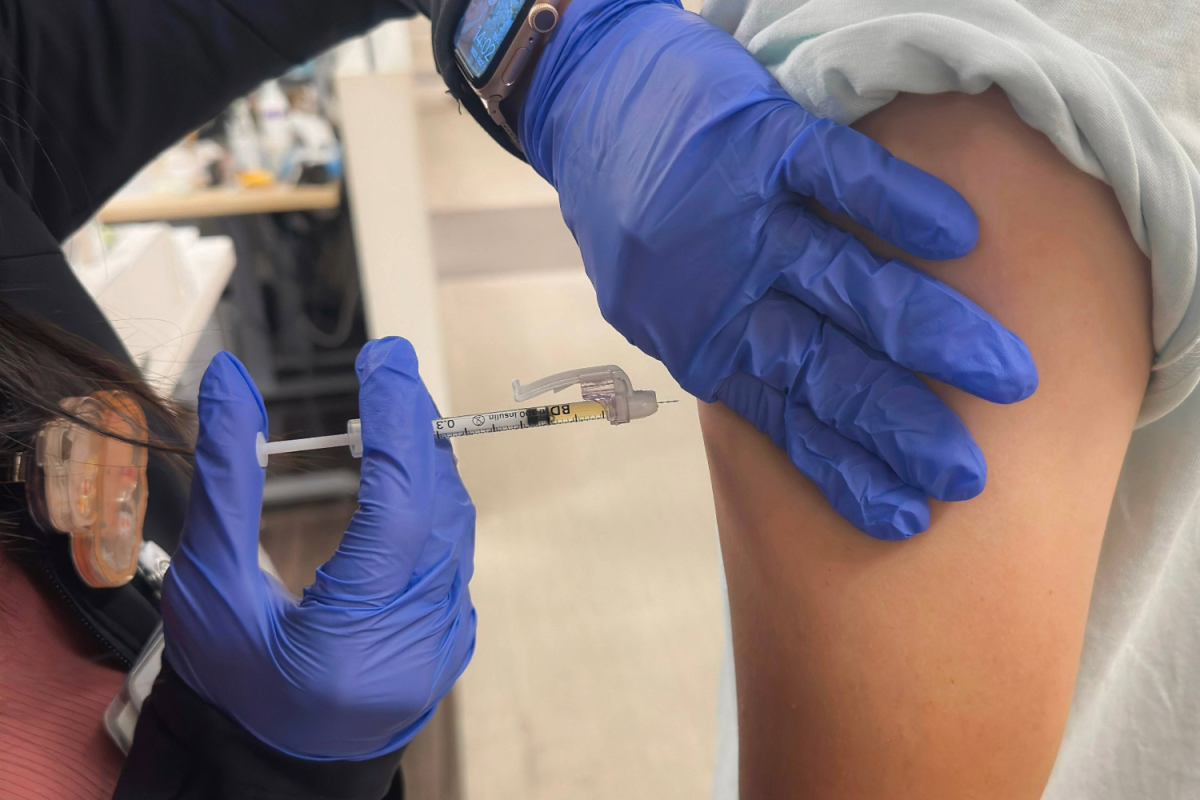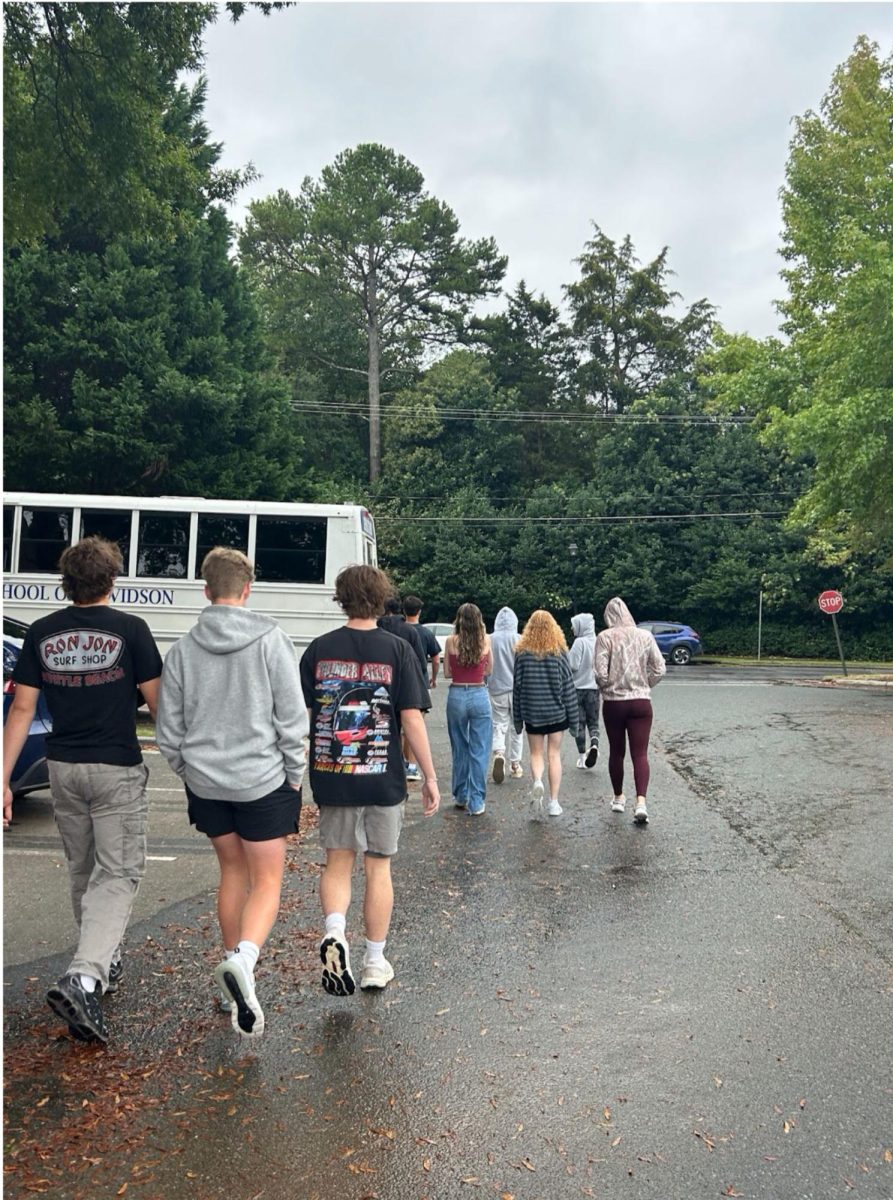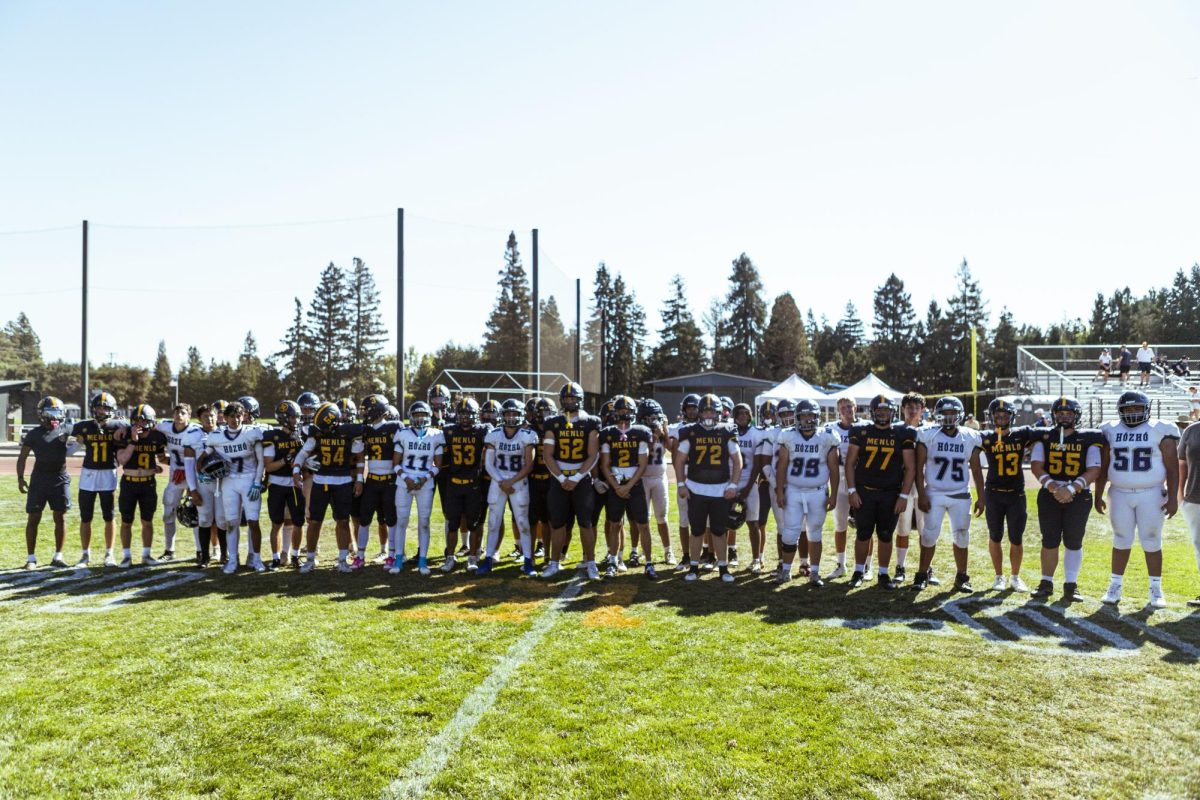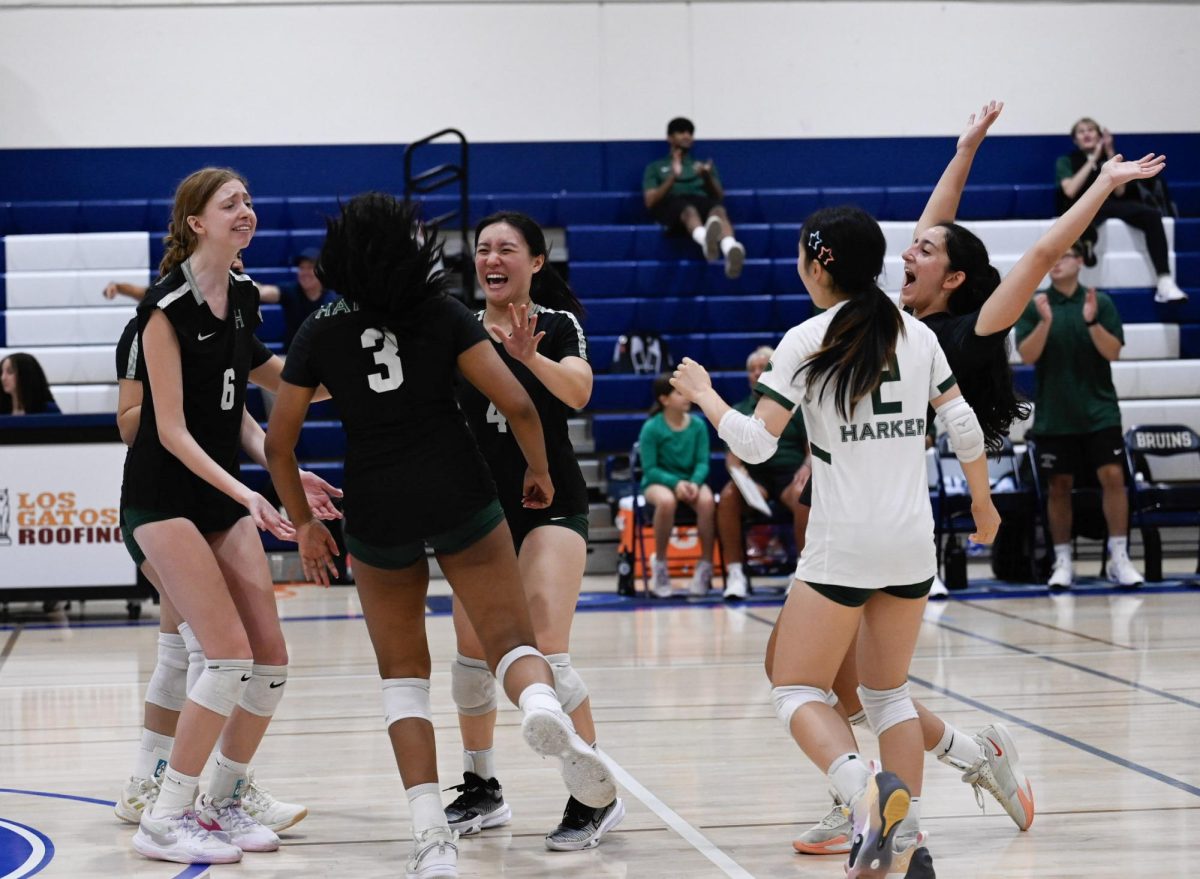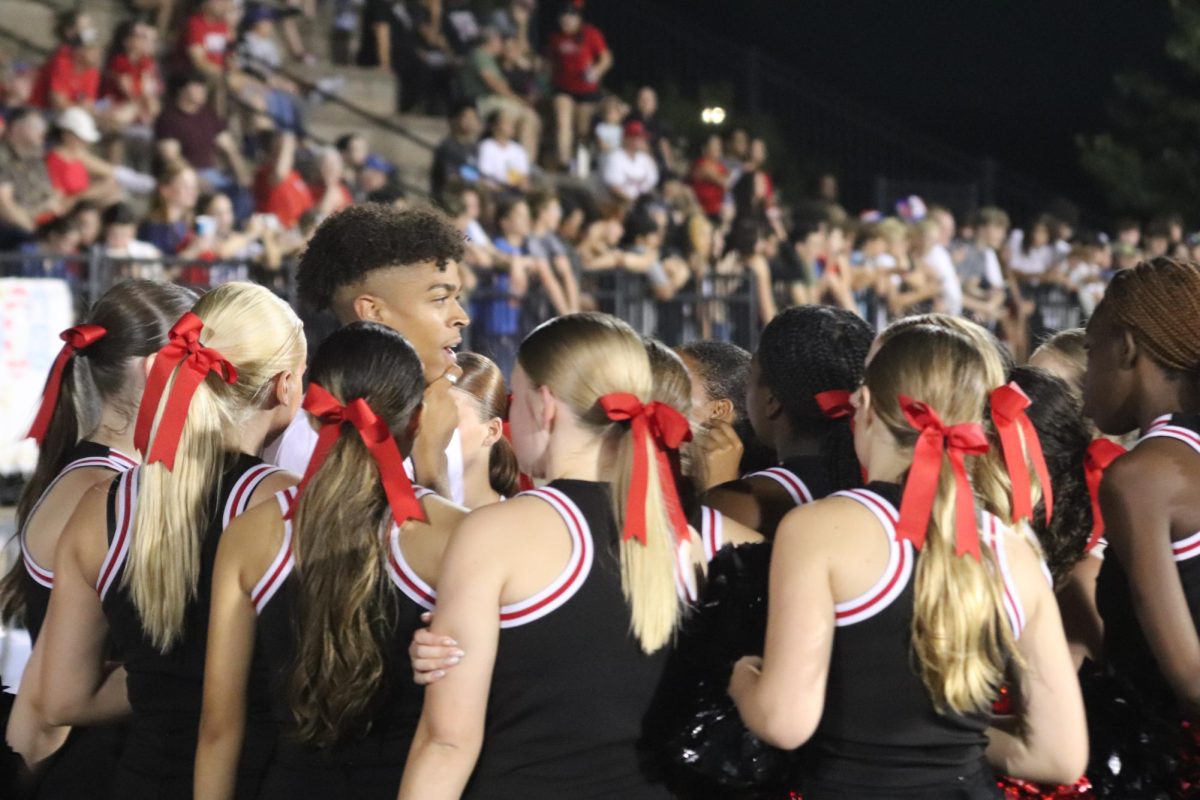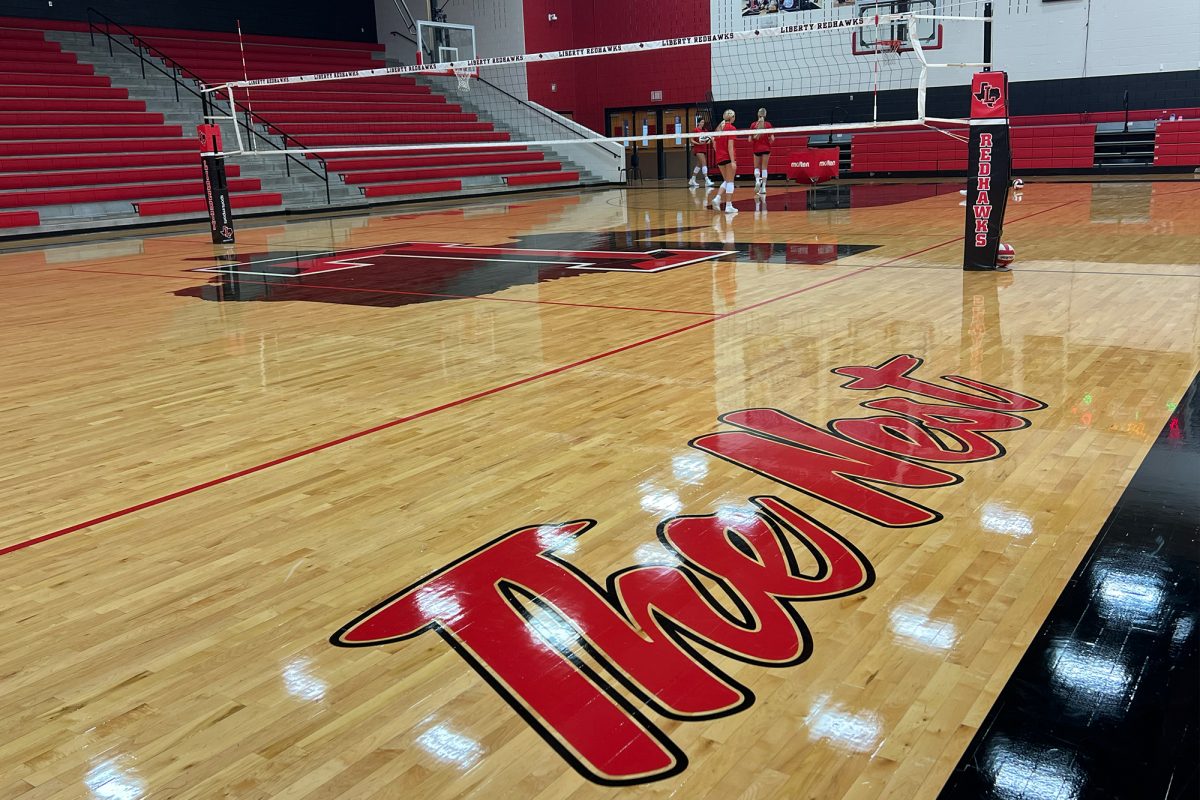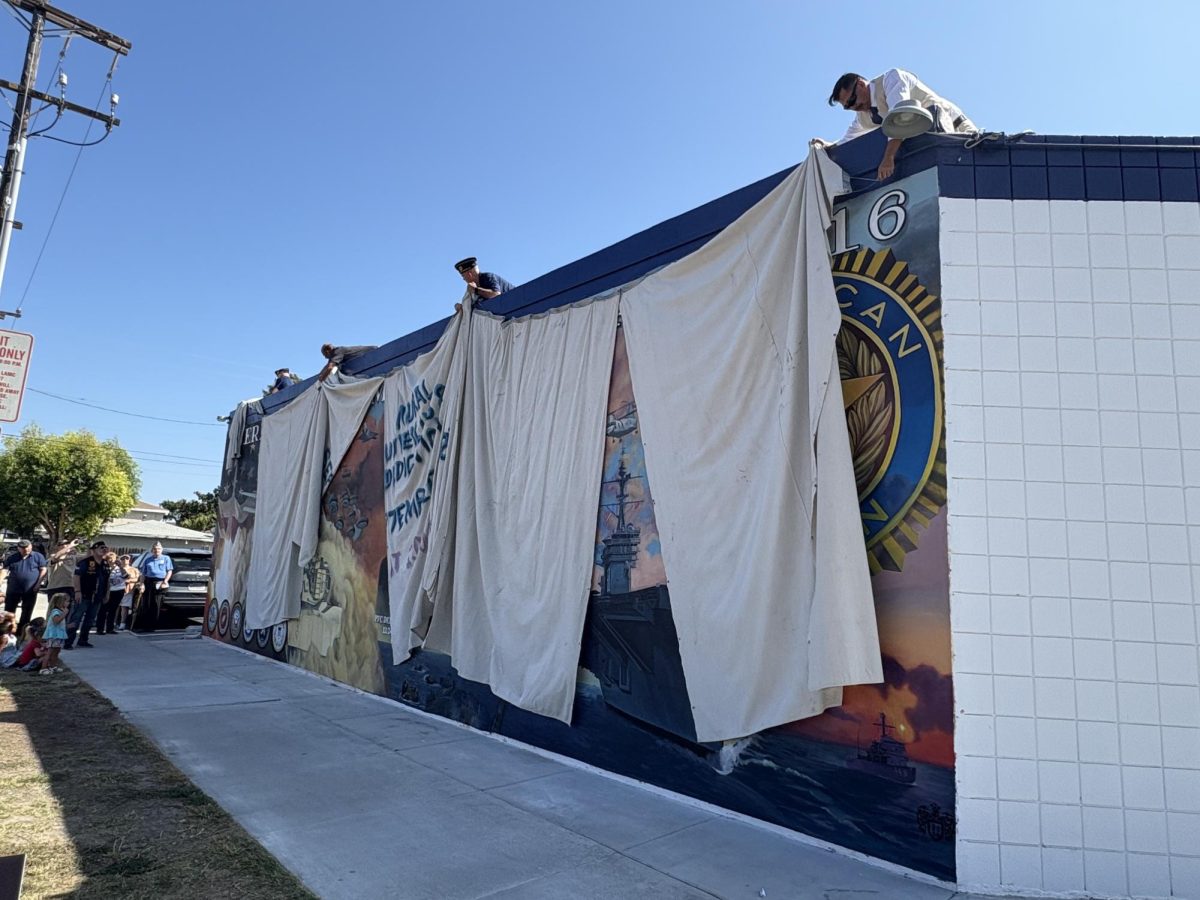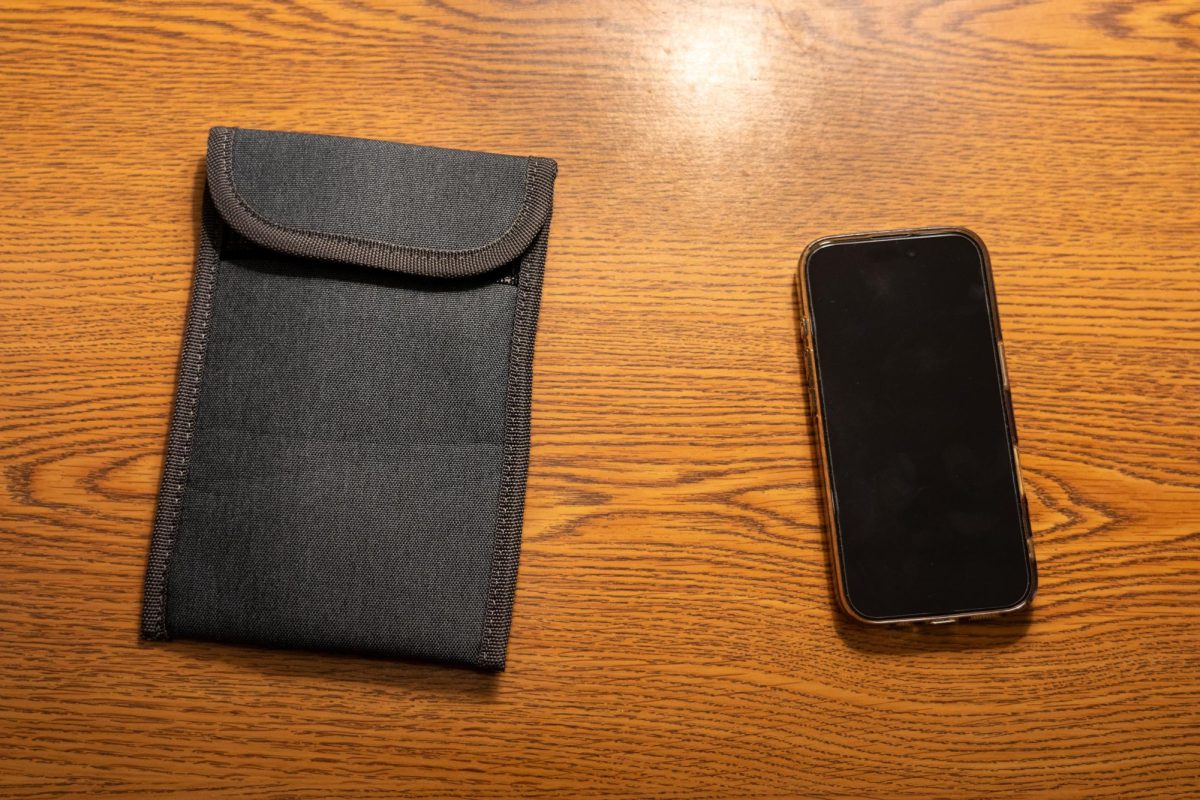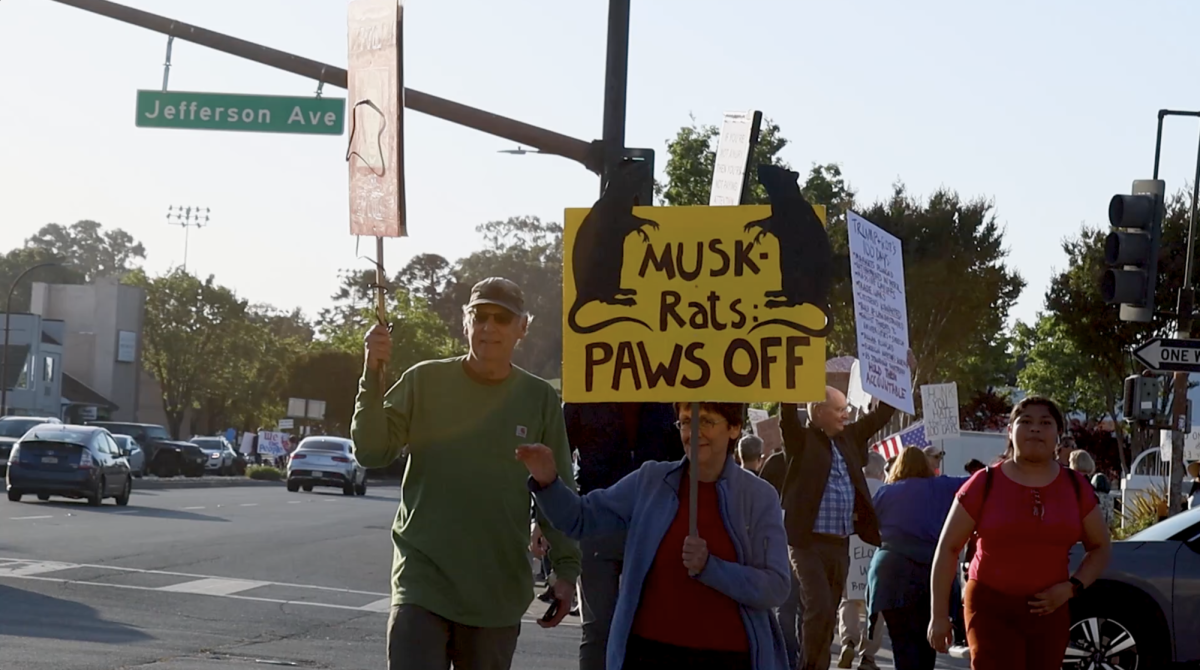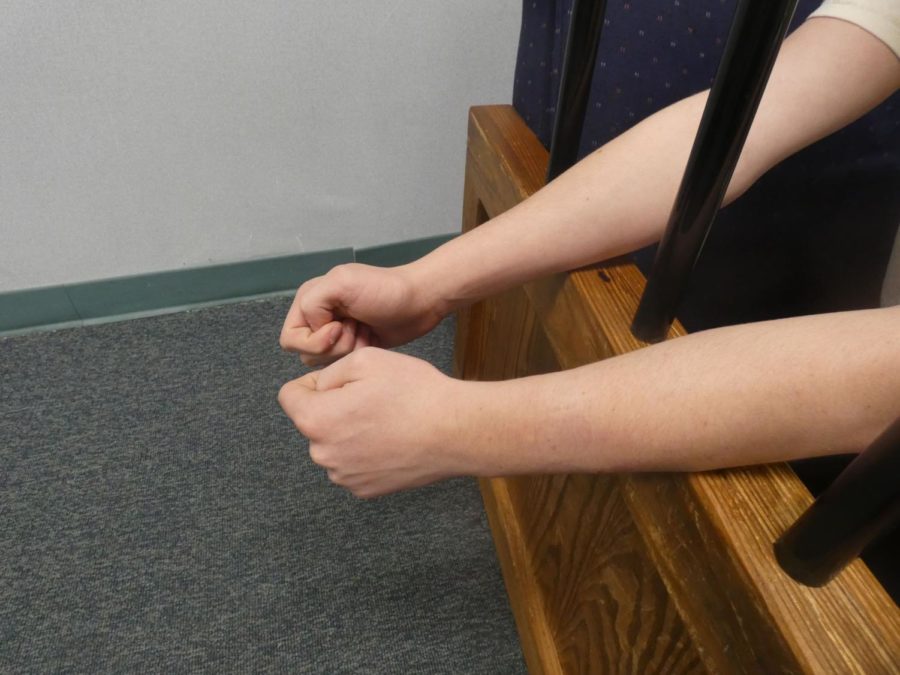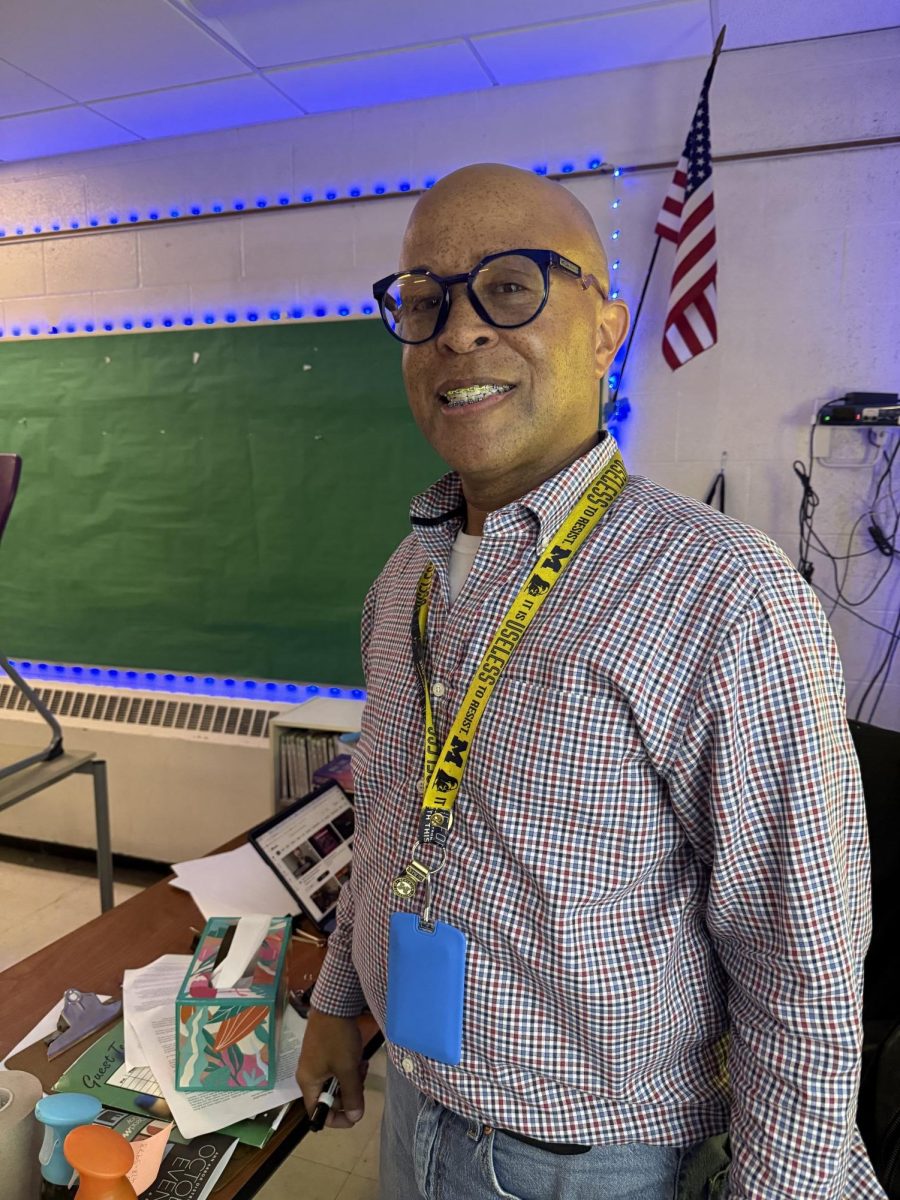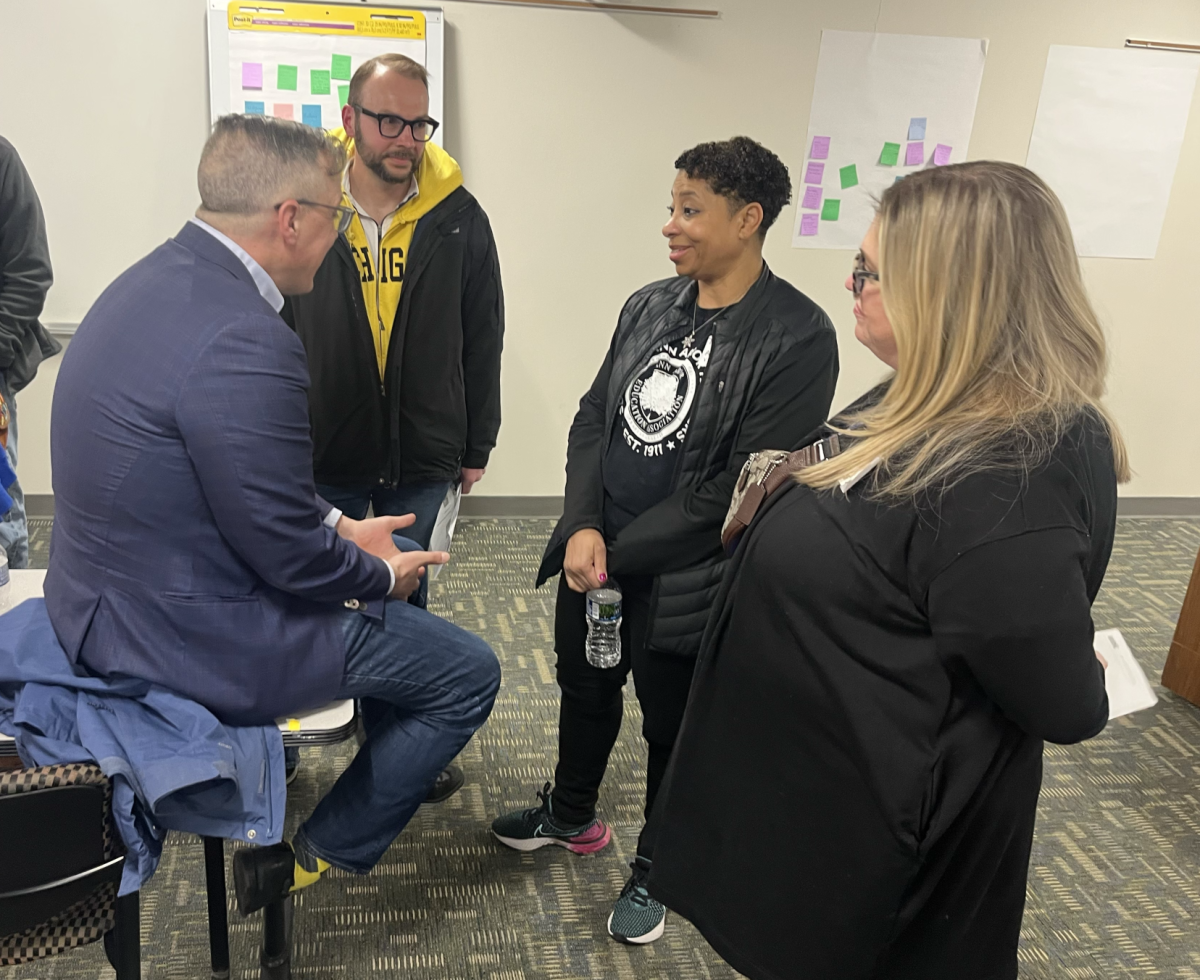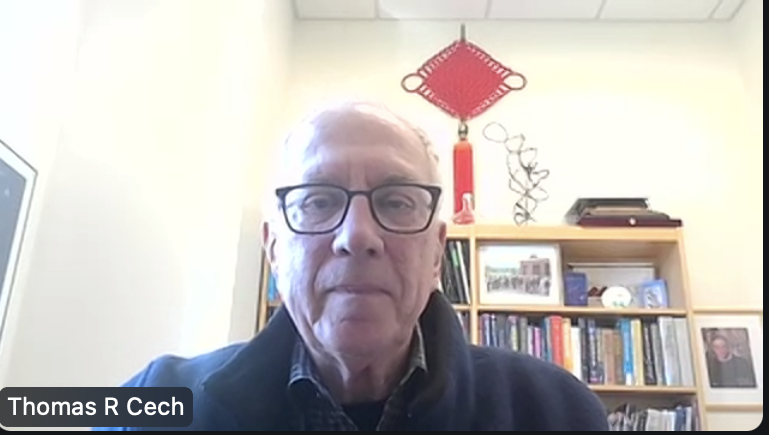Editor’s note: The names of the juveniles in this article have been changed to protect their privacy.
Juvenile delinquency, the frequent breaking of laws by a minor, is a major problem across the United States. It can include crimes ranging from disorderly conduct, minor thefts, vandalism, car theft, burglary, assault, and worse. Sevier is no exception to this problem.
“The most common reason for a middle school student to get into trouble is vaping,” Mike Campbell, Sevier Middle’s student resource officer, said. “It is illegal for anyone under the age of 21 to vape or even be in possession of a vaping device.”
Kristina Kristoff got into trouble at school. She was in the bathroom with friends and got into trouble for vaping when the principal walked in.
“[I vaped] because I wanted to,” she said.
Campbell believes there are a number of reasons why middle school students get into trouble and even go as far as committing crimes.
“Most commonly, we find the students are under a lot of peer pressure,” he said. “They want to fit in, look cool or try to impress their peers by being the tough, bad, older-acting student that others fear or even look up to.”
Brad Bradson got into trouble with the police due to running away from home.
“I ran away due to a bad situation at home with my family,” he said.
He was arrested by the Kingsport Police Department.
“The one thing I remember the most is that the handcuffs were tight on my arms,” Bradson said.
Once a juvenile is arrested, they usually have to appear in front of a judge.
“Depending on the extent of the charges, what happens when a juvenile is arrested is that they are normally issued a misdemeanor citation to appear in juvenile court to face a juvenile court judge,” Campbell said.
Bradson did not have to appear in front of a judge, but he did get six months of probation. The rules of his probation were that he was not allowed to get into any more trouble and that he could not go outside without permission.
When she got caught vaping, Kristoff had to go to the office to talk about what had happened. She thought it was funny and laughed about it, because she was surprised she was getting into trouble. She did get suspended from school.
Students like Kristoff don’t always realize that a second time caught with a vape can mean a referral to juvenile court.
“If a juvenile is charged with a crime and pleads guilty or is found guilty, they are often put on probation, which means they are monitored by a juvenile court probation officer,” Campbell said. “Probation officers make sure the juvenile stays out of further trouble, stays in school, keeps their grades up, and obeys their parents. Some juveniles are even placed on ‘house arrest’ during their probationary period.”
Bradson doesn’t think that his fellow students treat him any differently since the incident.
“I don’t regret my actions of running away from home, but I wished that I could go back in time and change things,” he said.
Kristoff does not regret her actions, either, and says she still vapes even now. This was not the only time she had been into trouble, because she had a previous history with probation.
“If I could go back and change things, I would not have gone into the bathroom with my friends,” she said.
Bradson does not think that getting into legal trouble now is going to affect him later in life. According to Campbell, he’s wrong.
“A student who gets into trouble and is charged with a crime faces having a ‘juvenile record’ until they turn 18 years of age,” Campbell said. “This can affect their present schooling and could affect their future opportunities to get into college.”
Kristoff thinks that having a legal history can affect trying to find a job.
If a juvenile continues to get into trouble, then the juvenile court judge could order the juvenile to be incarcerated in a juvenile correctional facility
“Often, these are a long way from home without any visitation from the juvenile’s family,” Campbell said. “This is often referred to as being ‘sent off’.”
In the end, students can always make the choice to do better in the future.
“We all make mistakes in life,” Campbell said. “Being a pre-teen or teen in middle school is tough. The main thing is to only make ‘that mistake’ once. Let mistakes be learning tools so you don’t make them again. Any young person or even adults can ‘turn things around’.”
Kristoff has some similar advice.
“Don’t do stupid stuff,” she said.
This story was originally published on The Sequoyah Scribe on March 8, 2023.

